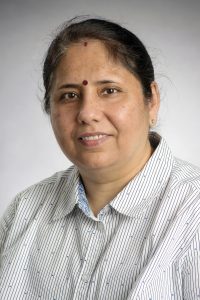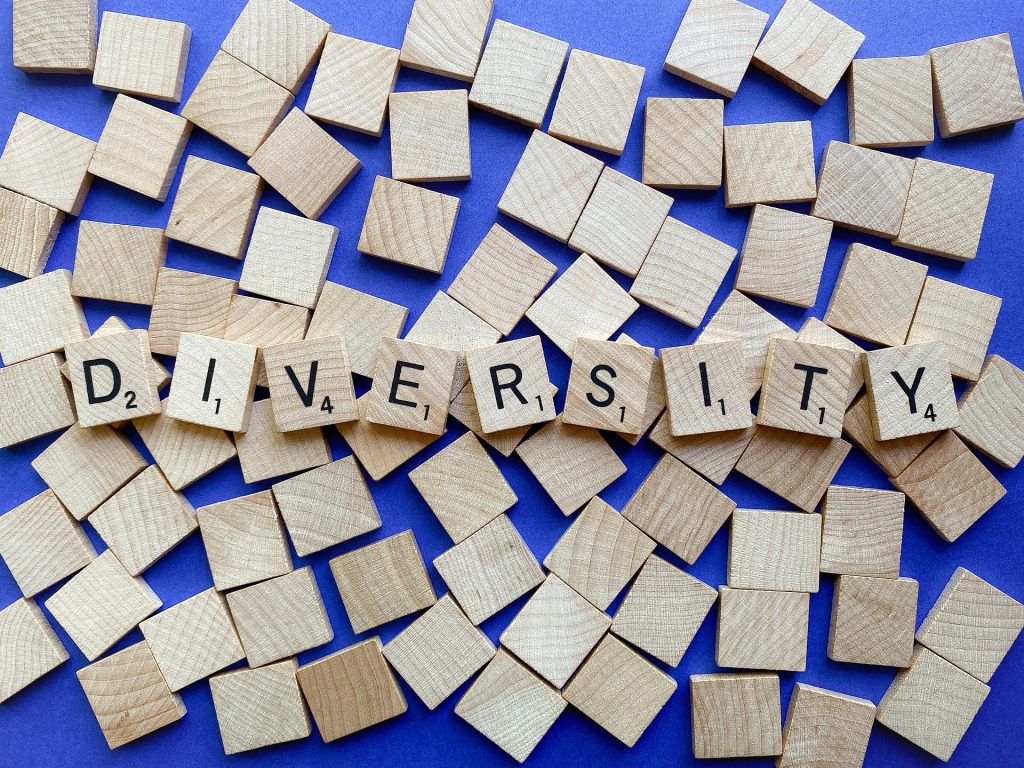
Exponential growth in student diversity, the challenges posed by the current COVID-19 pandemic, and recent racial injustices in Canadian and global society, demand that we continue to explore ways to stimulate ongoing conversation and action that may invite education that is responsive to the needs of diverse students.
My journey to inquire about such an education began with exploring what culture is, how we define cultural diversity, and what culturally responsive education means in a multicultural country such as Canada. My doctoral study at the University of British Columbia exposed me to the complexities inherent in various dimensions of cultural diversity, the structural systemic inequities embedded in the education systems, and the politics of education that continue to marginalize many culturally diverse students in diversity-rich classrooms of Canada. What could be possible ways to respond to student diversity?
Informed by my doctoral research with K-12 teachers in Vancouver schools, I have conceptualized a (trans-multi)culturally responsive education framework as one way to do so. Amalgamating critical and transformational multicultural education perspectives and culturally responsive teaching, this framework invites educators to engage in critical self-reflective inquiries and initiate complicated conversations to interrogate the hidden curricula, recognize Other(ed) cultural knowledges (that are missing), and welcome multiplicity of lived experiences. Acknowledging culture as a dynamic way of life and cultural diversity as all cultural experiences that a student may bring into schools, a (trans-multi)culturally responsive education calls educators to cultivate critical cultural consciousness, embrace relational caring and develop empathetic relationships that may promote wholistic, socially-just, inclusive education, which cherishes diversity and engages with difference with solidarity and critique.
My efforts to invite educators in this transformational learning journey include organizing provincial professional development workshops for Ontario school principals and British Columbia teachers. As a member of the Faculty of Education at the University of Regina, I am continuing these efforts to invite (trans-multi)culturally responsive education through my engagements in teaching science and environmental education courses that focus on Indigeneity and responsiveness. My initiatives include contributing to the Fall 2020 Treaty 4 Gathering and co-initiating a Centre for Educational Research, Collaboration, and Development approved Knowledge Mobilization Project with Dr. Xia Ji on culturally responsive leadership for school leaders and administrators in Regina. Becoming a (trans-multi)culturally responsive educator is a life-long ideological and pedagogical commitment which necessitates what Mahatma Gandhi emphasized: “Be the change that you want to see in the world.” So, my journey of becoming a (trans-multi)culturally responsive educator continues, and I invite you to join me in this life-long journey.
By Dr. Latika Raininghani, Lecturer in the Faculty of Education
Follow us on social media